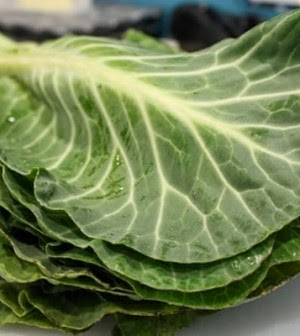Sunday, June 29, 2014
Saving Capitalism
John Hope Bryant's newest book, "How the Poor Can Save Capitalism," redefines poverty and transforms the perception of the poor as a drain on society to an engine of growth. Join the movement to help #savecapitalism. #P5117
Visit Operation Hope for more financial resources, including a mortgage hotline, financial literacy, and 700 credit score communities.
Tuesday, June 17, 2014
Silence The Growl Project
United Way of Atlanta has launched the Silence the Growl Project to end child hunger problems in Atlanta.
United Way of Greater Atlanta believes our community is a place where all individuals and families should thrive. Our mission is to engage all segments of our community to drive sustainable change in education, income, health and homelessness, while continuing to address urgent and basic human care.
HELP US SILENCE THE GROWL. During the school year 363,421 children across Greater Atlanta participate in a free or reduced school meal program. In just a few short weeks, summer break will begin and many will be without a free breakfast and/or lunch program. Some will receive food through a summer program, and others will not. More than 300,000 children in our community will be hungry this summer. We can’t end it, but together we can silence it. Our goal is to provide at least 12,000 meals during the upcoming summer break. Helping is easy: purchase as many meals as you can, share the cause through your social media channels, challenge 10 other people to join in the cause and promote via #silencethegrowl. NO CHILD SHOULD GO HUNGRY THIS SUMMER.
United Way had a goal of raising $30,000 through June 12th. Visit this website to learn more about how you can continue to help throughout the summer.
Wednesday, June 11, 2014
Super Foods
 |
| Source: Healthy Black Men |
The website Healthy Black Men recently posted this article:
Food such as blueberries, nuts or spinach are often referred to as “super foods” because they are rich in particular nutrients, but the label has no scientific meaning according to some researchers.
Study author Jennifer Di Noia, an associate professor of sociology at William Paterson University in Wayne, New Jersey, said national nutrition guidelines emphasize consumption of“powerhouse fruits and vegetables” known as PFV — foods most strongly associated with reduced chronic disease risk — but efforts to define PFV “were lacking.”
Di Noia and colleagues developed and validated a classification system to define PFV as foods providing, on average, 10 percent or more daily value of 17 qualifying nutrients per 100-calorie serving — potassium, fiber, protein, calcium, iron, thiamin, riboflavin, niacin, folate, zinc, and vitamins A, B6, B12, C, D, E and K.
Of 47 foods studied, 41 satisfied their powerhouse definition and were more nutrient-dense than were non-PFV.
Watercress with a score of 100 was at the top of the list followed by, Chinese cabbage: 91.99; chard: 89.27; beet greens: 87.08; spinach: 86.43; chicory: 73.36; leaf lettuce: 70.73; parsley: 65.59; romaine lettuce: 63.48 and collard greens: 62.49.
At the bottom of the list were: winter squash 13.89; orange: 12.91; lime: 12.23; pink and red grapefruit: 11.64; rutabaga: 11.58; turnip: 11.43; blackberry: 11.39; leek: 10.69; sweet potato: 10.51 and white grapefruit: 10.47.
“The proposed classification scheme is offered as a tool for nutrition education and dietary guidance,” the authors wrote in the study.
Of 47 foods studied, raspberry, tangerine, cranberry, garlic, onion and blueberry did not satisfy the powerhouse criterion.
A nutrient density score was calculated for each food — the numerator was a nutrient adequacy score calculated as the mean of percent daily values for the qualifying nutrients and the denominator was the energy density of the food (calories).Click here to see the original article.
Subscribe to:
Comments (Atom)

